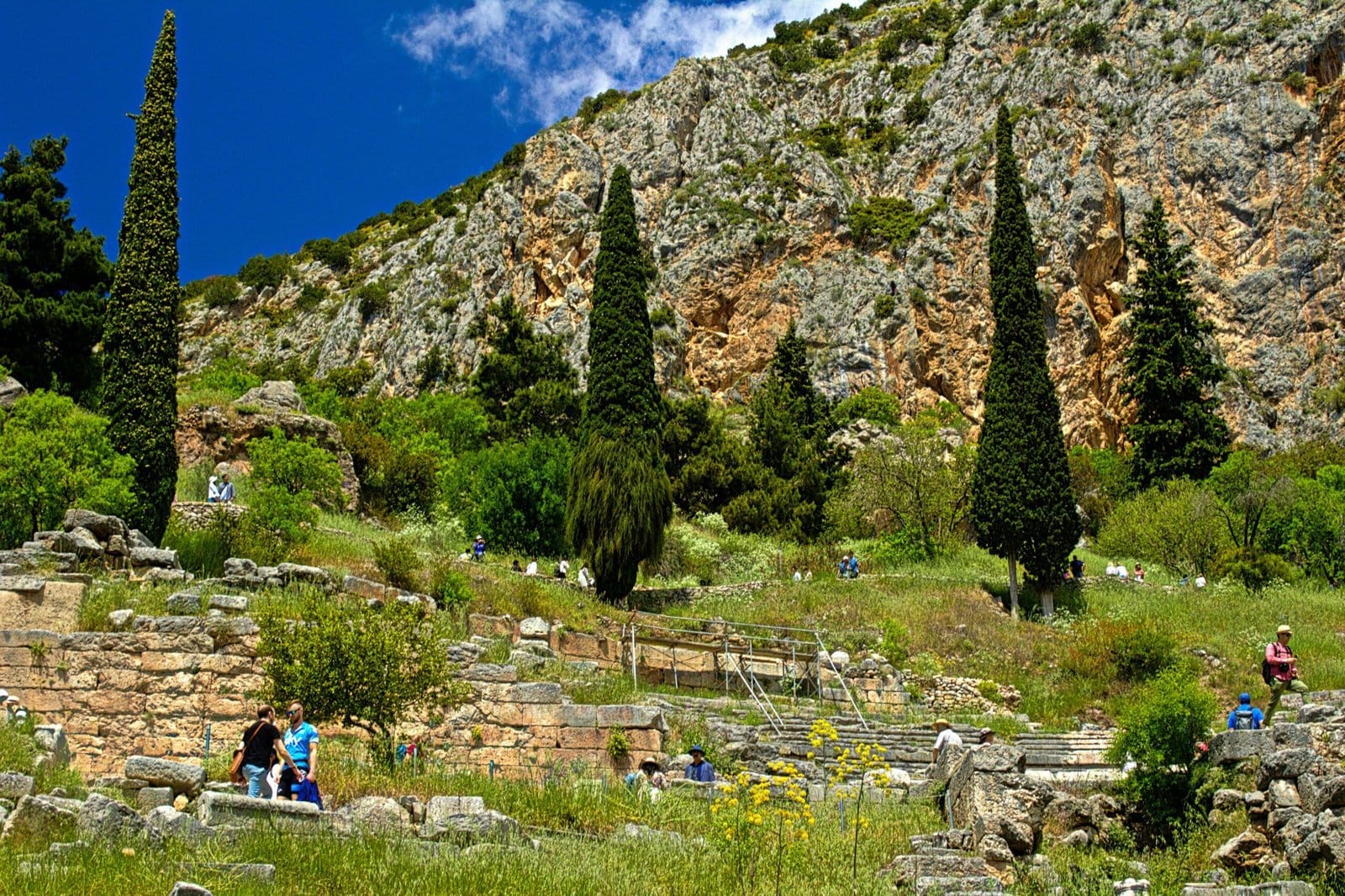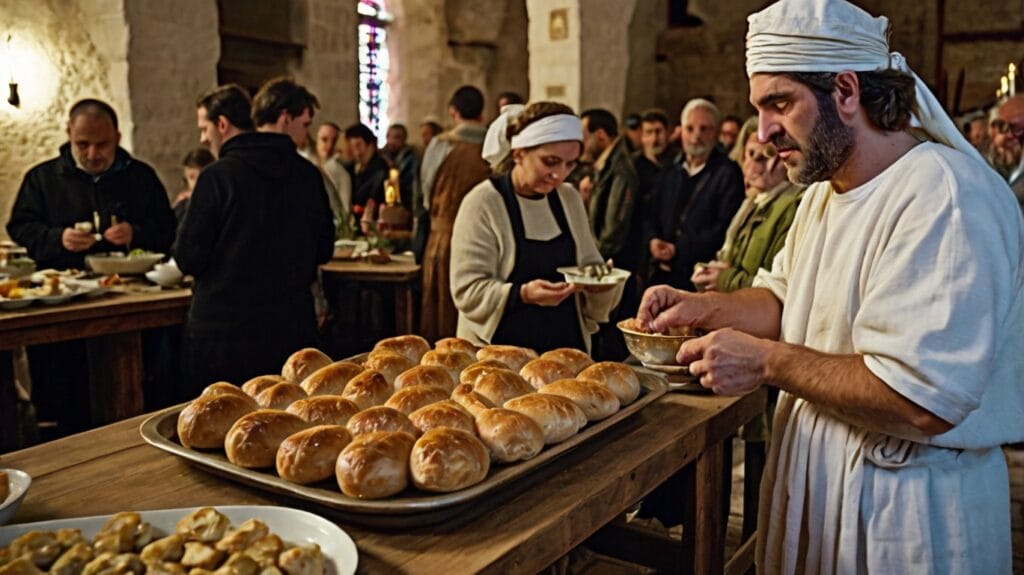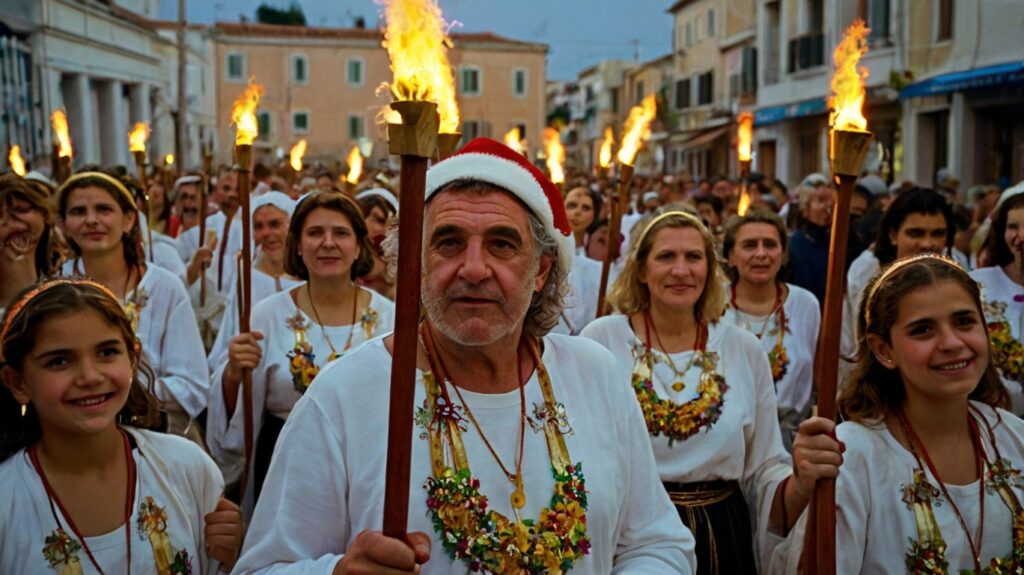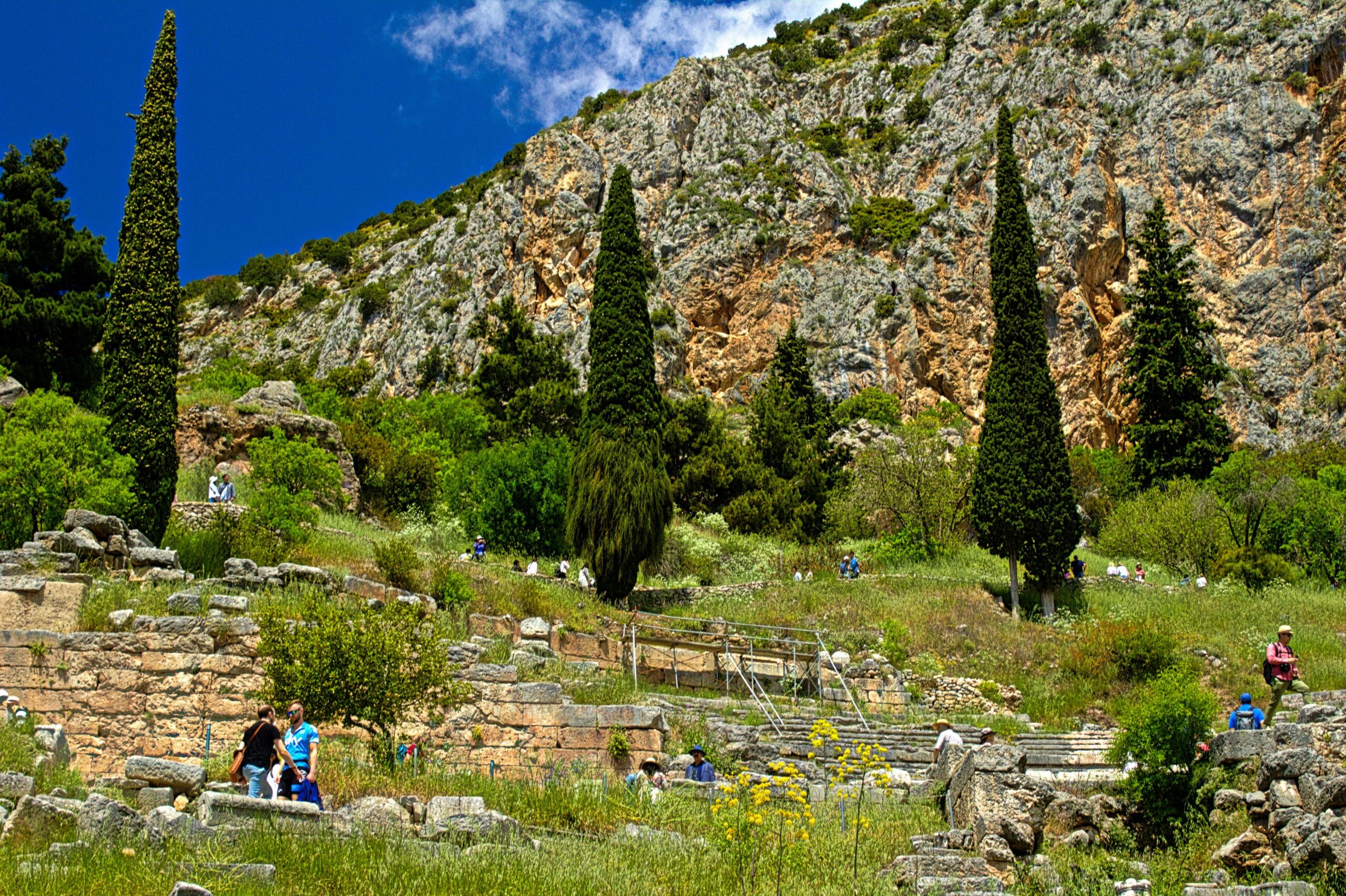
Greek Culture
Greek culture, renowned for its profound historical roots and vibrant traditions, serves as a testament to the enduring legacy of ancient civilization. As one of the pillars of Western civilization, Greece’s rich tapestry of customs, beliefs, and artistic expressions continues to be celebrated and preserved. The influence of ancient Greece pervades various aspects of contemporary life, shaping artistic endeavors, philosophical thought, and social practices that define modern Greek identity.
The significance of cultural heritage in Greece cannot be overstated. From architecture to gastronomy, the wealth of traditions encapsulates the essence of Greek life. Many of these traditions, such as the warm hospitality shown to guests or the communal spirit evident during family gatherings, have been passed down through generations, each adding to the narrative of a resilient culture. Various rituals connected to agriculture, local beliefs, and religious observances further illustrate the integral role of cultural practices in fostering a sense of belonging among the people.
Festivals hold a particularly special place in Greek culture, marking important life events and seasonal changes. Celebrated with enthusiasm and unity, these gatherings often pay homage to historical milestones or religious occasions. The pride taken in these celebrations is not merely for enjoyment; they also act as vital expressions of Greek identity. Through music, dance, and communal feasting, festivals serve as a dynamic bridge connecting the past with the present, preserving the essence of ancient traditions while adapting them to contemporary sensibilities. In exploring Greek culture, one finds a rich narrative that is both historically significant and vibrantly alive today.
Major Greek Traditions
Greek culture is deeply rooted in traditions that reflect the historical and social fabric of the nation. Central to these traditions are family gatherings, which play a vital role in maintaining close relationships among relatives. Family often comes together to celebrate significant life events, such as birthdays, name days, and holidays, fostering a sense of community and shared identity. These gatherings often involve feasting on traditional Greek cuisine, showcasing the importance of culinary customs in bringing people together.
Religious practices are another cornerstone of Greek culture, as the majority of Greeks adhere to the Greek Orthodox faith. Major religious holidays, such as Easter, are celebrated with various customs unique to Greek traditions. For instance, the preparation of special foods, such as lamb and tsoureki (sweet bread), and the midnight service marking the resurrection of Christ exemplify the rich intertwining of spirituality and cultural identity. Such observances reflect a collective strength and adherence to faith that underpin everyday life in Greece.

Unique rites of passage are prominently featured in Greek traditions, particularly in significant life events like weddings and christenings. Greek weddings are festive affairs, replete with ancient rituals such as the crowning of the bride and groom and the dance of the bride. These customs symbolize unity and continuity within Greek society. Similarly, christenings are celebrated with elaborate festivities where family and friends gather to welcome the newborn into the faith and community, highlighting the value placed on family connections and social support.
Furthermore, traditional music and dance are essential components of these celebrations, enhancing the overall experience of Greek festivals. Folk songs and dances like the Kalamatianos or Sirtaki capture the spirit of the occasion and signify cultural pride. These art forms not only celebrate the event but also serve as communal expressions of joy and unity, reinforcing the bonds of Greek culture and traditions.
Festivals Throughout the Year
Greek culture is vibrant and deeply rooted in a plethora of festivals celebrated throughout the year, each reflecting the country’s rich heritage and communal values. The festive calendar in Greece can be categorized into various seasons and types, showcasing the importance of both religious and cultural gatherings.
One of the most significant periods in Greek traditions is Easter, which is celebrated with immense fervor. The Holy Week leading up to Easter Sunday is marked by numerous religious services, culminating in the midnight Resurrection service. Families gather to celebrate with traditional dishes, and the evening is often filled with fireworks, singing, and the lighting of the Holy Flame, further emphasizing the spirit of unity among the community.
Christmas is another major aspect of Greek festivals, known for its unique customs rooted in both religion and local folklore. Families decorate their homes with a wooden boat, symbolizing the importance of maritime tradition in Greek life. The celebration is also marked by caroling, communal feasting, and the exchange of gifts, which fosters a sense of togetherness within communities.

In addition to these religious observances, Greece is home to numerous cultural festivals that showcase its artistic heritage. A prominent example is the Athens Epidaurus Festival, featuring theatrical performances, music concerts, and dance events held in historic venues. This festival not only attracts local participation but also garners international attention, drawing tourists eager to experience Greek culture firsthand.
Furthermore, local festivals held throughout the year highlight regional customs, foods, and crafts. Such events create opportunities for residents and visitors alike to bond over shared traditions, reinforcing community ties. The diverse array of Greek festivals is a testament to the importance of cultural expression and its role in fostering a strong sense of belonging within various communities across the nation.
The Future of Greek Traditions and Festivals
As the landscape of society morphs with globalization and urbanization, the future of Greek traditions and festivals appears to be in a state of evolution. The rich heritage of Greek culture, characterized by its colorful traditions and vibrant festivals, faces challenges that are both complex and exciting. Younger generations, while increasingly influenced by modernity, are finding ways to preserve these cultural practices, often adapting them to better fit contemporary life. This interaction between tradition and modernity can lead to innovative expressions of Greek culture that resonate with the youth of today.
Globalization has prompted a blending of cultures, which can dilute certain aspects of traditional Greek customs. However, it has also created opportunities for cultural exchange and the spread of Greek traditions on an international scale. Festivals that were once strictly local events are being celebrated around the world, thanks to Greek expatriates and cultural organizations. This development not only champions the importance of Greek heritage but also encourages a deeper appreciation of its unique characteristics among diverse audiences.
The role of technology cannot be understated in this discussion. Social media, websites, and digital platforms have transformed the way people engage with Greek festivals and traditions. They serve not only as a means for dissemination but also as a tool for interaction and community-building among those who share a passion for Greek culture. Through virtual events and online resources, individuals can immerse themselves in the vibrant tapestry of Greek traditions, enhancing cultural tourism and fostering a global dialogue about these practices.
In conclusion, while challenges abound, there exists a hopeful narrative regarding the future of Greek culture. Through the resilience of traditions, adaptable practices among the youth, and the benefits of technology, the essence of Greek traditions and festivals will continue to thrive in a modern context, ensuring their relevance in an ever-changing world.


